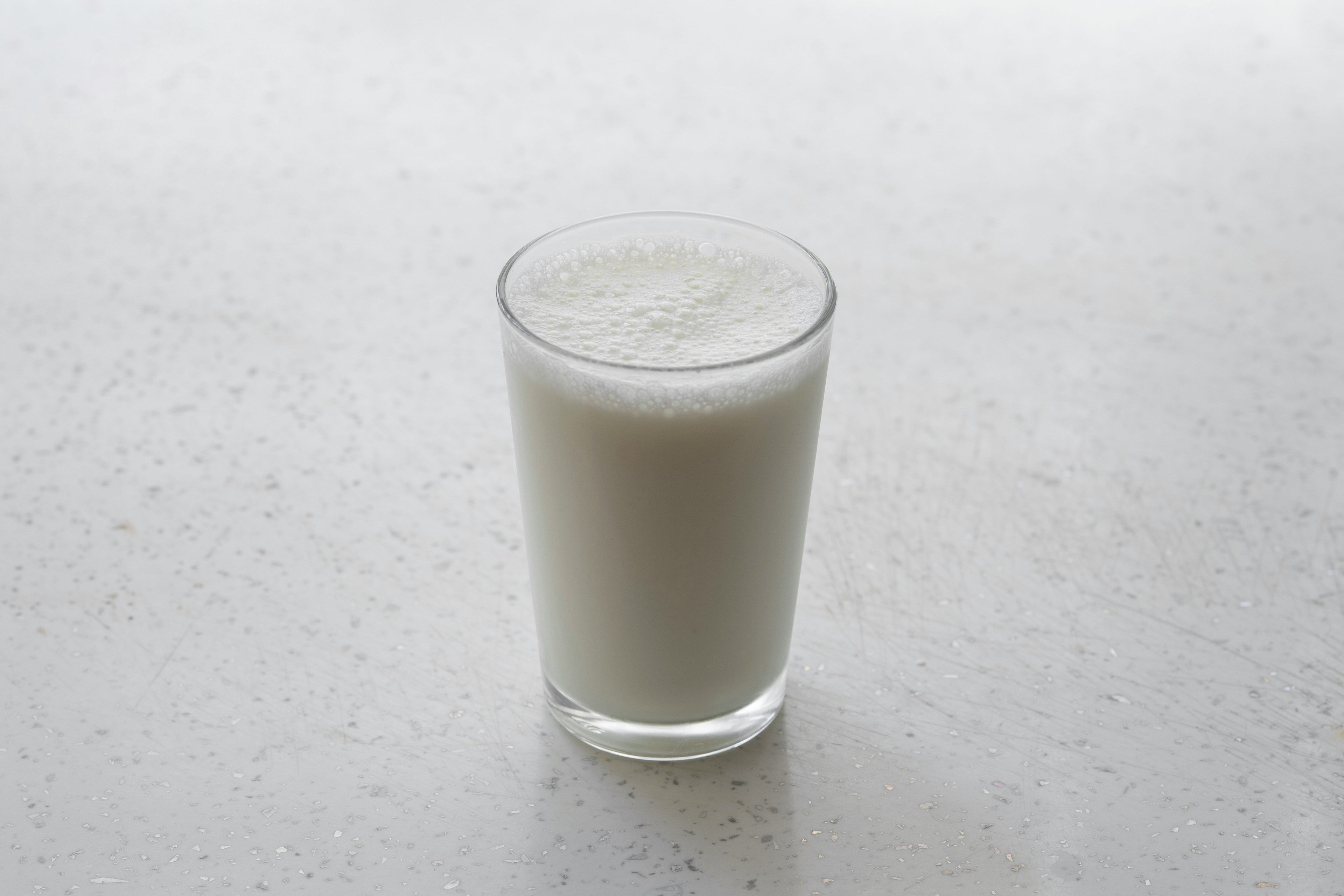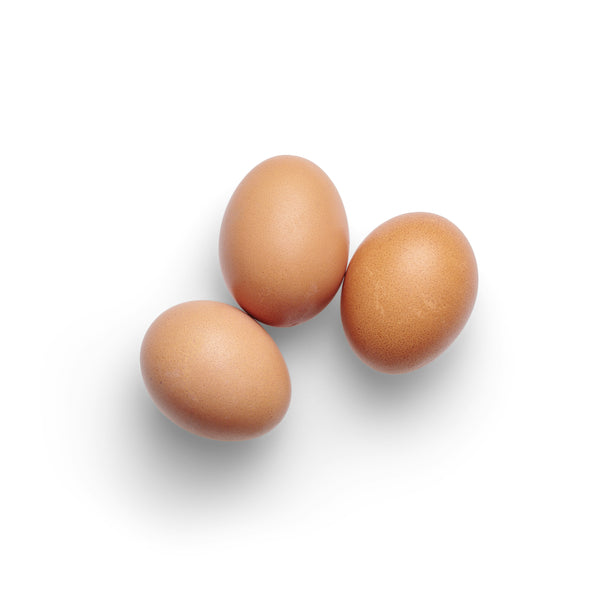Jump to:
Pregnancy brings countless considerations for expectant mothers, and proper nutrition stands at the forefront of these concerns. Among the various nutrients essential during this transformative journey, calcium deserves special attention. This vital mineral plays a crucial role not only in your baby's development but also in maintaining your own health throughout pregnancy.
Understanding Calcium's Role in Your Body
Calcium is far more than just the mineral that strengthens bones and teeth, though that remains its primary function with 99% of your body's calcium dedicated to skeletal support. The remaining 1% performs critical tasks throughout your body, including:
- Facilitating muscle contractions
- Supporting nerve function
- Enabling blood clotting
- Regulating heart rhythms
Without adequate calcium, you might face various health challenges over time, including dental problems, vision issues, neurological changes, and most concerning—bone density loss (osteoporosis). While everyone needs calcium throughout life, your requirements change during different life stages, with pregnancy being a period when optimal intake becomes particularly vital.
Why Calcium Matters During Pregnancy
During pregnancy, calcium serves dual essential purposes:
For your developing baby:
- Building strong bones and teeth
- Supporting healthy muscle development
- Aiding proper heart function
- Facilitating nerve development
For expectant mothers:
- Reducing the risk of pregnancy-related hypertension
- Lowering the risk of preeclampsia
- Maintaining your own bone density
When maternal calcium intake falls short, your body prioritises your baby's needs by drawing calcium from your own bones. This natural protective mechanism ensures your little one receives adequate nutrients but can potentially compromise your bone health. Some mothers may recover bone density after pregnancy or during breastfeeding, but insufficient calcium during pregnancy might increase your vulnerability to osteoporosis later in life.
How Much Calcium Do You Need?
For most adult pregnant women, the recommended daily calcium intake is 1,000 milligrams, which translates to about 3-4 servings of calcium-rich foods each day. However, your specific needs may vary based on:
- Your age
- Your current trimester
- Pre-existing health conditions
- Your typical diet
The Critical Third Trimester
While calcium remains important throughout pregnancy, the third trimester marks a period of peak bone development for your baby. During these final months, approximately 250-350 milligrams of calcium transfers from your body to your growing baby daily. This makes monitoring your calcium intake particularly crucial during this stage.
Calcium-Rich Food Sources
Dairy Options
Dairy products offer some of the most accessible and calcium-dense options, with a single glass of milk providing about one-third of your daily requirement. Top dairy sources include:
- Plain yogurt
- Various cheeses (mozzarella, cheddar, ricotta, feta, cottage cheese, parmesan)
- Milk (including skim varieties)
Non-Dairy Alternatives
If you follow a plant-based diet or have lactose intolerance, numerous non-dairy foods provide excellent calcium:
- Leafy greens (collard greens, kale, spinach)
- Cruciferous vegetables (broccoli, bok choy)
- Citrus fruits (especially oranges)
- Legumes (white beans, chickpeas, red beans)
- Certain fish (sardines, salmon)
- Dried figs
- Fortified foods (plant milks, orange juice, cereals, oatmeal)
Should You Consider Calcium Supplements?
Tracking your daily calcium intake through food alone can be challenging, particularly if you:
- Follow a vegan diet
- Have lactose intolerance
- Are over 35 (calcium absorption naturally decreases with age)
- Have a history of bone density issues
- Experience food aversions during pregnancy
In these cases, supplementation might be worth discussing with your healthcare provider.
Types of Calcium Supplements
If you and your healthcare provider determine that supplementation would benefit your pregnancy, you'll typically choose between two main forms:
Calcium Citrate:
- Gentler on the digestive system
- Can be taken with or without food
- Generally easier to absorb
- Contains about 21% elemental calcium (may require more tablets)
Calcium Carbonate:
- More economical option
- Best absorbed when taken with meals
- Contains about 40% elemental calcium (fewer tablets needed)
- May cause mild digestive discomfort for some
Potential Side Effects of Supplementation
While generally safe, calcium supplements can occasionally cause:
- Mild bloating
- Gas
- Constipation
Excessive calcium intake (typically from over-supplementation rather than food sources) might lead to kidney stones and interfere with the absorption of other important minerals like zinc and iron.
When to Start Supplementation
If supplements are recommended, the third trimester typically marks the ideal starting point, as this coincides with your baby's peak calcium needs. For optimal absorption, look for supplements that include vitamin D, which enhances your body's ability to utilize calcium effectively.
Always consult your healthcare provider before beginning any supplementation regimen during pregnancy. Many women achieve adequate calcium levels through diet alone, particularly when combined with a high-quality prenatal vitamin.
By understanding your calcium needs and making informed choices about your nutrition during pregnancy, you're taking an important step toward supporting both your health and your baby's development during this remarkable journey.






